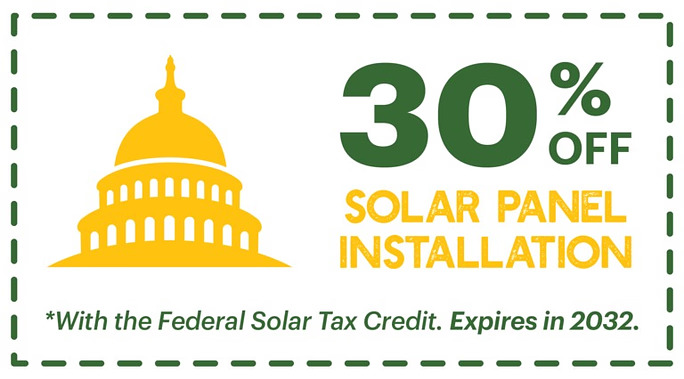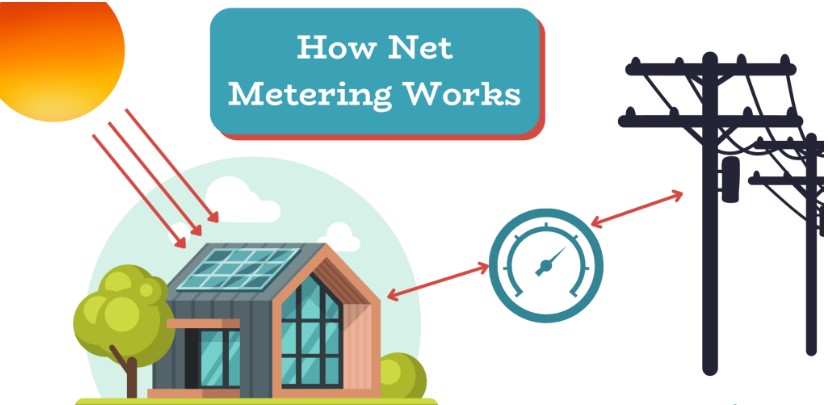Portland General Electric (PGE) has raised its rates by a whopping 18% this year. This means that customers can expect to pay substantially more for their electricity each month. Pacific Power has also increased rates by 14.9%, while Clark Public Utilities has raised rates by 14.5%.
Electricity Rates: A Shocking Increase
Are you feeling the pinch in your wallet? It’s not just inflation; your electricity bills are also taking a hit. Several major utilities in the Pacific Northwest have announced significant rate increases for 2024, leaving many homeowners and businesses scrambling to adjust their budgets.
Why the steep increases?
Several factors contribute to these rising costs:
Inflation: The overall economy has been experiencing inflation, leading to increased costs for materials, labor, and other expenses for utility companies.
Investment in infrastructure: Utilities are investing in upgrading their infrastructure to improve reliability and efficiency. These investments can lead to higher costs passed on to customers.
State legislation: States like Oregon and Washington have implemented ambitious clean energy targets, requiring utilities to invest in renewable energy sources. While these efforts are crucial for addressing climate change, they also contribute to rising electricity costs. For example, Oregon HB 2021 and Washington’s Clean Energy Transformation Act (SB5116) have mandated significant reductions in greenhouse gas emissions from electricity generation, which has necessitated investments in renewable energy infrastructure.
As the transition to a cleaner energy future continues, consumers can expect to see further adjustments in electricity rates. While these increases may be challenging, it’s important to recognize that they are a necessary step towards a more sustainable and environmentally friendly energy system.
Conclusion:
Tired of soaring electricity bills? Solar energy offers a sustainable solution. By generating your own power, you can reduce your reliance on utility companies and potentially eliminate your energy costs entirely. Take the first step towards energy independence and explore how solar can benefit your home or business. Contact Quick Quote Solar today for a free consultation and solar analysis. Explore our Solar Calculator for a general idea or complete our EZ form on the home page for your custom solar quote specific to your home and electricity consumption needs.


